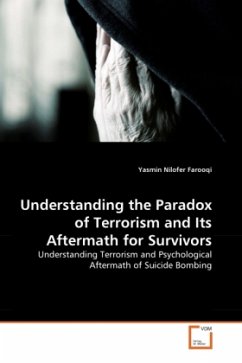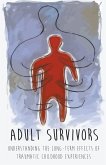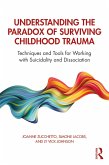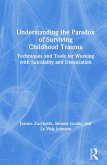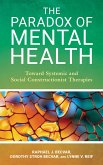The political and religious terrorism can not be understood outside the context of the development process of the terrorists or the potentially terrorist ideologies; beliefs and life-styles; leader-follower relations; century's old deep-rooted prejudice and hatred; clash of civilizations; oppression and target selection process. I think lack of data and an apparent ambivalence among many social scientists about the academic value of research on terrorism have contributed to the relatively little research work on underlying dynamics of terrorism and its aftermath for the survivors. This is unfortunate because psychology is primarily concerned with behavior and the factors that influence and control behavior; especially the violent behaviors like terrorist attacks. Thus, psychology can and should provide practical as opposed to conceptual knowledge about the dynamics, consequences and prevention of terrorism against any nation and its ideology. This book is written with the goal topromote our understanding of the complex and mysterious phenomenon of terrorism as well as its aftermath for the survivors of suicide bombing.
Bitte wählen Sie Ihr Anliegen aus.
Rechnungen
Retourenschein anfordern
Bestellstatus
Storno

